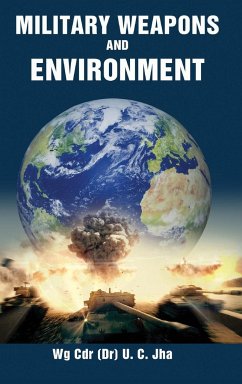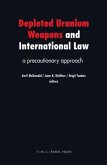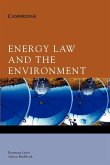Armed conflicts have become more complicated, with the emphasis shifting towards new weapons such as drones, cybercrime and autonomous weapons. In July 2017, the UN General Assembly adopted the Treaty on the Prohibition of Nuclear Weapons. This treaty prohibits a full range of nuclear-weapon-related activities, such as undertaking to develop, test, produce, manufacture, acquire, possess or stockpile nuclear weapons or other nuclear explosive devices, as well as the use or threat of use of these weapons. The ongoing conflicts have shown that the consequences of the use of explosive weapons are not limited to death, physical injury and disability, but also include long-term impacts on mental well-being. The use of improvised weapons by States and non-State actors is an area of concern for the environment. Every State must, therefore, ensure that weapons used by their armed forces are explicitly adjudged under International Humanitarian Law (IHL) and Human Rights Law. While reviewing a new weapon, the States must adopt multilateral approaches, drawing upon relevant legal, health, environmental and military expertise. This book describes the environmental effects of eight weapons and explosive remnants of war that have caused extensive environmental harm in the recent past. It also makes specific recommendations addressed to the international community and the States for protecting the natural environment from the impact of weapons of war. This book will contribute towards a better understanding of the environmental harm caused by military weapons.
Hinweis: Dieser Artikel kann nur an eine deutsche Lieferadresse ausgeliefert werden.
Hinweis: Dieser Artikel kann nur an eine deutsche Lieferadresse ausgeliefert werden.








